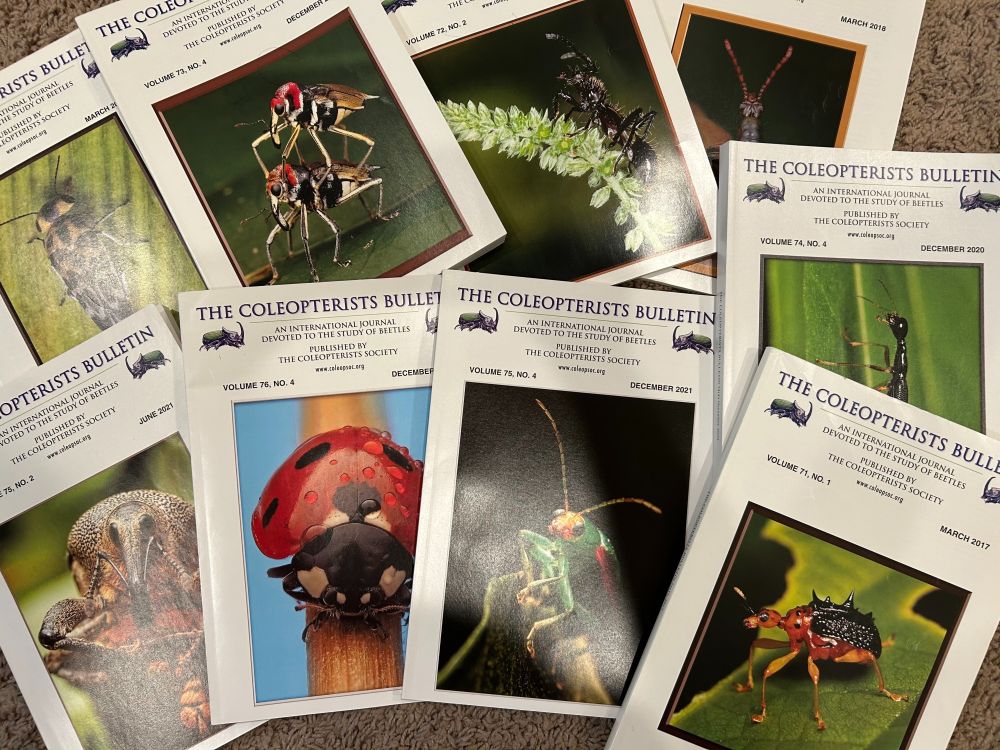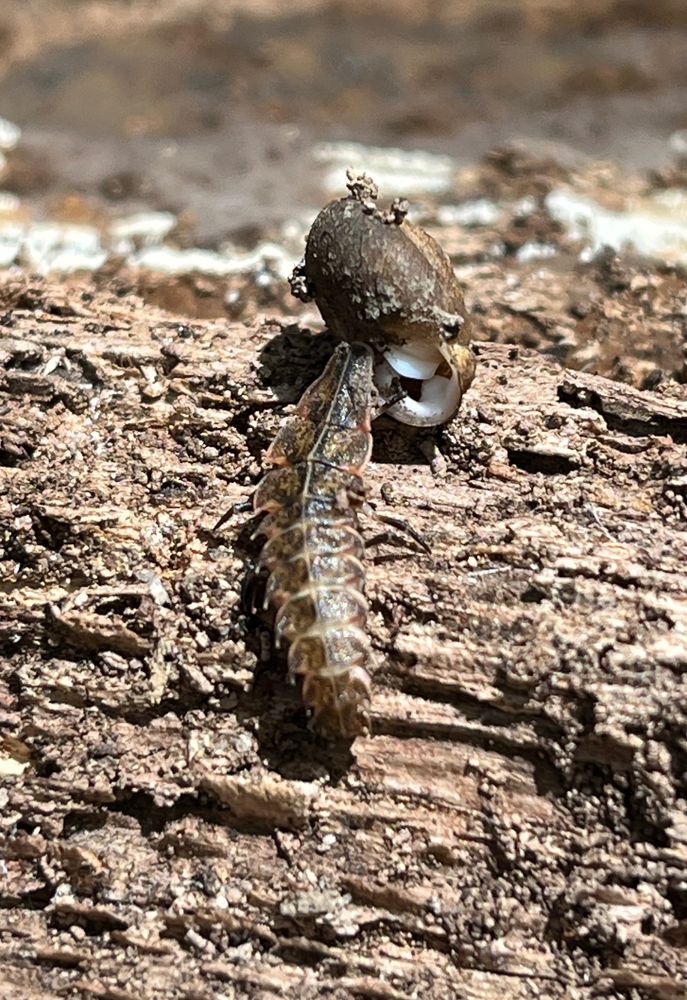From constructing nests to nutritional provisioning: the impact of direct and indirect parental care in the burying beetle, Nicrophorus orbicollis - Behavioral Ecology and Sociobiology
Abstract Parental care has evolved multiple times in the animal kingdom and includes all parental traits that enhance offspring fitness. The evolution of care can lead to prolonged associations between parents and their offspring. This, in turn, can drive parent–offspring coevolution, creating systems in which multiple care behaviors are exhibited and potentially resulting in offspring becoming more dependent on parental care. Parental care often takes indirect forms, such as nest building, while direct care behaviors, like feeding, which involve physical interaction with offspring, are generally less frequent. However, in species where both types of care occur, the extent to which offspring rely on indirect versus direct care is often unknown. In this study, we investigated the roles and relative importance of direct and indirect care in a system where offspring are highly dependent on parental care. We conducted an experiment in which we manipulated the duration and composition of direct and indirect post-hatching care in the burying beetle Nicrophorus orbicollis. Burying beetles reproduce by exploiting small vertebrate carcasses, which they bury and convert into a nutritious nursery for their offspring. In addition to modifying the food resource, parents actively feed their offspring. We found that direct care had a greater effect on offspring growth and survival than indirect care, although indirect care also enhanced fitness. The greater reliance on feeding over indirect care is likely the result of sibling competition for food. Our study underscores the complexity and multi-layered nature of parental care strategies and their effects on offspring performance. Significance Statement Parental care enhances offspring fitness and can include both indirect care, like nest building, and direct care, like feeding. In systems where both care types occur, it is often unclear how much offspring rely on each type. As a model, we used Nicrophorus orbicollis burying beetles, which prepare a carcass as a nursery and regurgitate food to their offspring, to experimentally manipulate the duration and composition of direct and indirect care and assess their relative contributions to offspring survival and growth in this species. Our results show that while direct care has a stronger effect on offspring survival and growth, indirect care also provides measurable benefits. This study highlights the adaptive value of multi-component parental care strategies and the complex interactions between parents and offspring in species that depend heavily on parental care.























